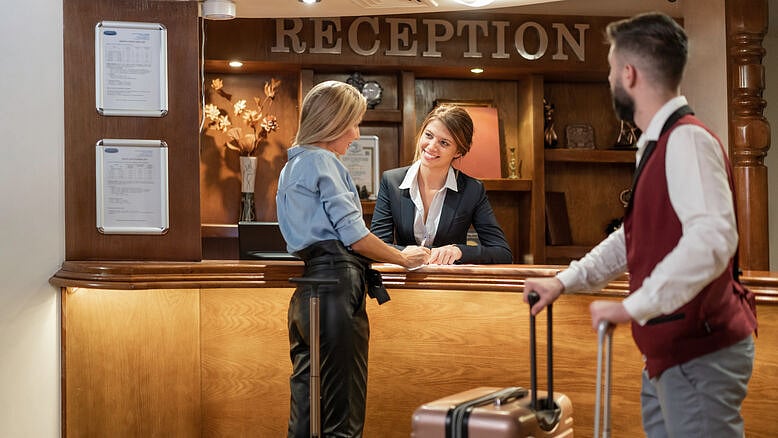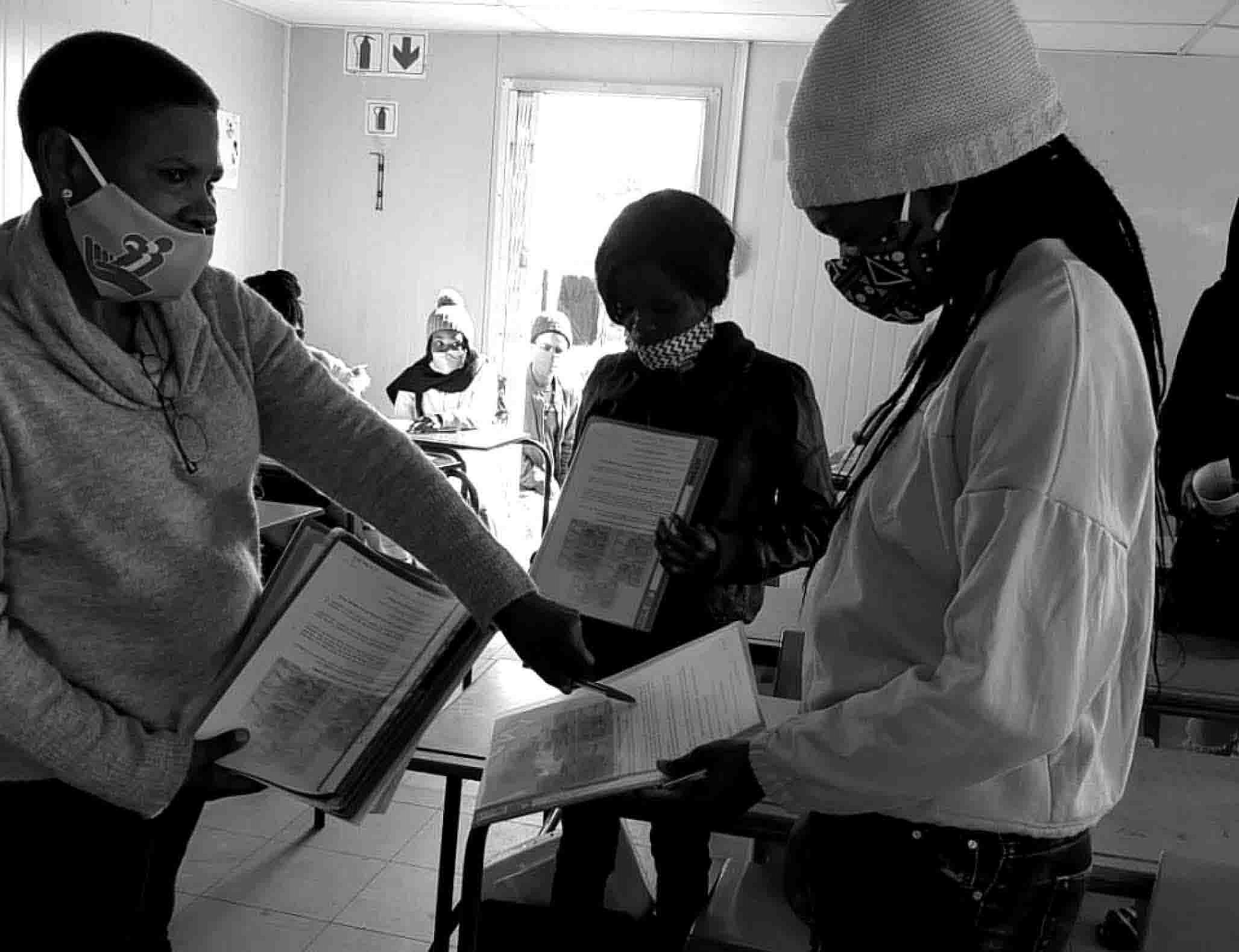Hospitality Insurance & The Top Risks Affecting The Industry
the-top-risks-affecting-the-hospitality-industry
Working in the hospitality industry is a challenge and with its high stakes and rewards. However, there are risks involved. Thankfully, doing your research beforehand can help you plan for most eventualities long before your business becomes a reality.
A good place to start is familiarising yourself with common risks in the hospitality industry or legal liabilities in tourism and hospitality businesses that you might face. Discover as Auto & General Insurance uncovers some of the key risks affecting this industry, which is why business owners are encouraged to have comprehensive Hospitality Insurance to protect their investment.
3 Common risks in the hospitality industry in South Africa
There are many advantages to running a hospitality business in South Africa, the most obvious of which is that it's a lucrative industry. Statista estimates that tourism contributed 3.2% to GDP in 2021[1] alone. Of course, the unpredictable nature of travel, tourism and entertainment businesses means that they often face much higher risk levels than other businesses. If you're considering starting one, you should be aware of the following common business risks in the hospitality industry so you can plan accordingly.
- Damage to assets. As hospitality businesses are often event or location-based or involve delivering an experience, a large part of the investment can include property ownership and specialised equipment and tools. Damage to these assets can negatively affect your business for months if you can't afford an immediate repair or replacement.
- Legal liabilities in tourism and hospitality. Hospitality is a customer-facing industry, meaning that your business is at risk for personal injury on your property or during the course of your operations. A personal injury could involve a third-party liability claim for medical expenses.
- Business interruption is a serious risk for the tourism and hospitality industry. It refers to a temporary halt or reduction in operations due to unforeseen events. These disruptions can lead to significant financial losses due to a loss of income. The impact includes lost revenue, ongoing expenses like salaries and utilities, and costs associated with recovery and resumption of operations.
What Hospitality Insurance covers
Hospitality businesses can vary from one another, which means that your exact coverage will be customised to your needs. That said, you can expect it to cover the following up to a predetermined and agreed-upon financial limit. Some of the main areas of coverage include:
- Property Damage. This coverage protects against physical damage to buildings, equipment, and other property caused by covered events like fires or vandalism, for instance. A typical example of risk in the hospitality industry would be if a major storm were to damage a beachfront hotel. Insurance would cover the cost of repairs and replacements, ensuring the business can restore its facilities and resume operations as quickly as possible.
- Liability Insurance. This will cover legal costs and damages relating to third-party claims for causing injury or property damage to guests or third parties. For example, they could sue for medical expenses if a guest slips and falls in a hotel lobby because the floor is wet and no signage is visible. Liability Insurance would cover the legal fees, settlement, or court-awarded damages, protecting the business from significant financial loss.
- Business Interruption Insurance. This insurance compensates for lost income and ongoing expenses when operations are halted due to covered events like natural disasters or events. So, if a resort has to close temporarily due to a fire in the kitchen, the Business Interruption Insurance would cover the lost revenue during the closure period and help pay for ongoing expenses such as employee salaries and operational costs.
What Hospitality Insurance doesn't cover
Knowing what hospitality coverage will not cover is essential, as it can help you choose coverage that meets your individual needs. It can also allow you to save money to cover costs that may not be covered or put contingencies in place to prevent them from happening. Your Hospitality Insurance cover won’t cover the following:
Incidents or events where the law was broken—like most forms of insurance, intentional damage or losses resulting from illegal or fraudulent activities won't be covered.
Specific exclusions—It is important to be aware of what your insurance covers and doesn't cover, as well as what is included or excluded, as some policies will have specific exclusions. For example, you won't be covered for pre-existing damage, losses from unapproved renovations or alterations, or damage to unspecified or excluded contents.
Negligence — Insurance is intended to cover losses you can't account for or prevent. If you are found to be negligent, your claim is likely to be rejected. For example, equipment should have a maintenance or service plan for wear and tear. If your hotel’s roof collapsed, for instance, but it was discovered that it should have been repaired due to a water leak, you will not be covered.
Get a Hospitality Insurance quote from Auto & General
Protecting the hard work, time and money you've put into building your hospitality business is well worth the effort. Auto & General is positioned to provide you with comprehensive coverage for your business. Get a Hospitality Insurance quote and take the steps needed to secure your financial stability and business continuity.
Sources:
[1] Statista: Tourism and Hospitality
Disclaimer: The information in this article is provided for informational purposes only and should not be construed as financial, legal, or medical advice.








